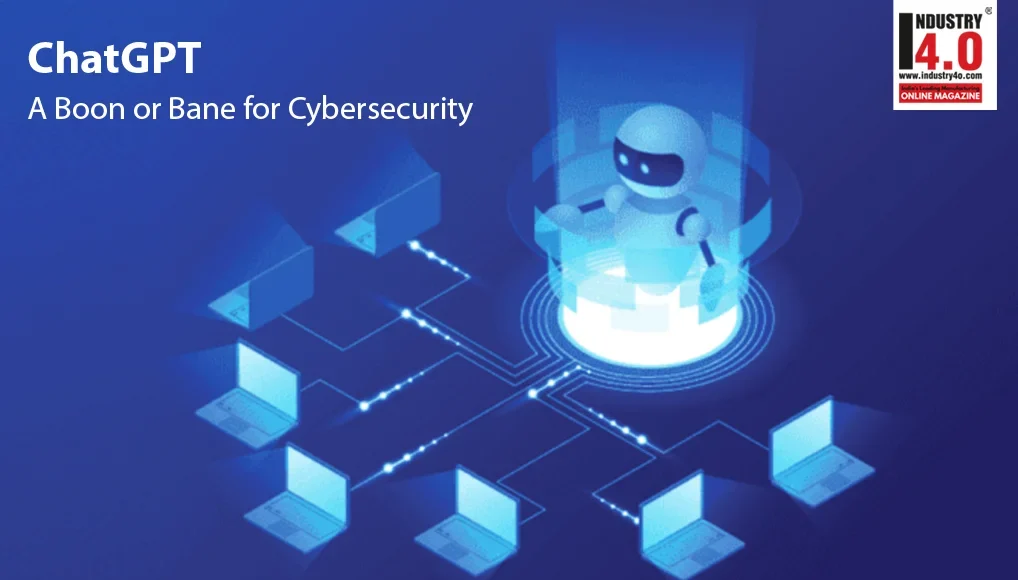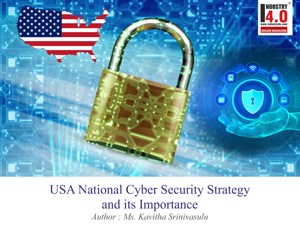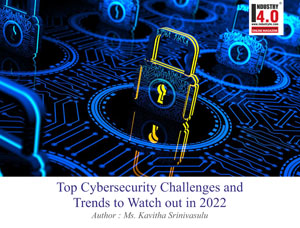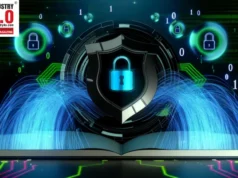How ChatGPT is changing the face of Cybersecurity
Today we have seen how AI technology has immersed into our lives through every service we use starting from Siri to the facial recognition software used to unlock your phone in recent times. The latest and most interactive leap has been the advent of AI chatbots – most notably the ChatGPT model that’s shaking the tech world by storm and is getting smarter in today’s growing technology space by providing various intelligent services. Machines were built to make life simpler and create a better future for all of us, however, these innovations come with advanced techniques making life simpler and at the same time with their own inherent risks.

ChatGPT is a pre-trained language model developed by OpenAI. It is based on the GPT (Generative Pre-trained Transformer) architecture, which was first introduced in 2018. The original GPT model was trained on a massive dataset of internet text and was able to generate human-like text. In 2019, OpenAI released a new version of the model called GPT-2, which was even more powerful and able to generate more coherent and fluent text. After that, in 2020, OpenAI announced ChatGPT as a conversational version of GPT-2. It was trained on a dataset of conversational text and is optimized for tasks such as question answering and dialogue generation. When OpenAI released ChatGPT to the public in November 2022, it was using GPT-3. Taking everything into account, Chat GPT has the potential to reform the cybersecurity industry by improving the current threat detection process, enabling quick incident response, and helping organizations in better decision-making.
As the digital world is growing towards adapting to various technologies, cybersecurity is becoming increasingly crucial to protect sensitive data and safeguard systems from cyber-attacks. Artificial intelligence and machine learning are playing a key role in introducing new intelligent tools to improve the security of the digital world. ChatGPT is one such tool that is transforming the face of cybersecurity and its intelligence in responding to queries or incidents in a more effective manner. In this article, we will discuss some of the ways that ChatGPT is bringing a change in the cybersecurity current practices and why it is a critical tool for businesses to consider in the new threat landscape –
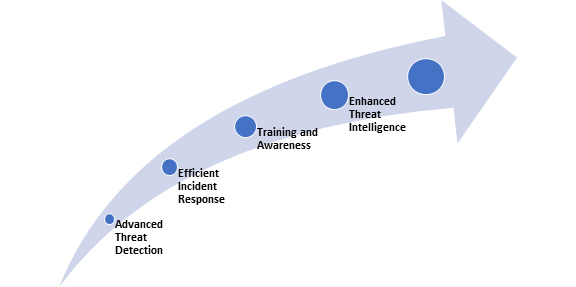
1. Advanced Threat Detection
One of the most significant ways ChatGPT is supporting cybersecurity to emerge is through advanced threat detection by analyzing large volumes of data and identifying potential cyber threats in a proactive manner to avoid potential impact to business. It helps in analyzing patterns in data to identify suspicious behavior and detect anomalies that may be indicative of a cyber-attack. Traditional cybersecurity measures rely on pre-programmed rules and signatures to detect and prevent attacks. However, these measures often fail to identify emerging threats or attacks that deviate from the expected behavior. ChatGPT utilizes natural language processing and machine learning to analyze large amounts of data and identify anomalies that could indicate a potential threat. This helps organizations to stay ahead of emerging threats and better protect their infrastructure from internal/external threats.
2. Efficient Incident Response
ChatGPT can be applied in cybersecurity on managing incident response effectively as time is the essence during a disruption/attack. The longer it takes to detect and respond to an attack, the greater the damage that can be done. ChatGPT can rationalize the incident response process by providing real-time alerts and suggested actions to take in response to a breach or a cyber incident. ChatGPT can automate parts of the incident response process, such as gathering information, identifying the scope of the incident and recommendations to respond to the incident in a timely manner. This can greatly speed up the incident response process and reduce the risk of data loss or other damage to business.
3. Training and Awareness
As technology is growing and adapting to changes is an emerging challenge in this new threat landscape. Employee awareness and human errors are globally accepted threats as the leading cause of it being the major cause of cybersecurity breaches. Even with the most advanced security measures in place, a single mistake by an employee can lead to a data breach. ChatGPT can help organizations to address this issue by providing user training and awareness sessions to overcome the internal threats, the risk of human error and improve overall cybersecurity.
4. Enhanced Threat Intelligence
Threat intelligence is critical to stay ahead of emerging threats and prevent attacks. ChatGPT has a unified approach in enhancing the threat intelligence process by analyzing large amounts of data from a variety of sources, including social media, dark web forums, and hacker websites. This helps the organizations to get valuable insights into potential threats and enable them to take proactive measures to avoid attacks before they occur. With the ability to understand natural language, ChatGPT can also extract relevant information from all types of sources including unstructured data, such as reports and articles, and classify and categorize them. This can help the organizations to stay ahead on the latest threats, trends, and emerging risks to develop more effective security strategies and build business resilience.
ChatGPT is changing the face of cybersecurity in several significant ways and its ability to respond to natural language inputs is valuable for taking better decisions in enabling and protecting cybersecurity controls. With the ability to analyze and process large volumes of data, understand natural language, and generate human-like text, ChatGPT can improve the efficiency and effectiveness of cybersecurity operations. ChatGPT will support businesses to stay ahead of emerging threats and safeguard sensitive data to enhance Cyber Resilience.
About the Author :

Ms. Kavitha Srinivasulu
Global Head – Cyber Risk & Data Privacy – R&C BFSI
CCISO | DPO | CISM | CEH | CCSO | CCIO| PCSM | PDPP |
Ms. Kavitha Srinivasulu has around 20+ years of experience focused on Cybersecurity, Data Privacy & Business Resilience across BFSI, Financial services, Retail, Manufacturing, Health care, IT Services and Telecom domains. She has demonstrated her core expertise in Risk Advisory, Business Consulting and Delivery assurance with diverse experience across corporate and Strategic Partners.She is a natural leader with versatility to negotiate and influence at all levels.
The views and opinions expressed by Ms. Kavitha Srinivasulu in this article are only from her personal side and not representing her company viewpoints or sharing any of her customers views.
Ms. Kavitha Srinivasulu is Bestowed with the following Licenses & Certifications :
https://www.linkedin.com/in/ka
https://www.linkedin.com/in/ka
Ms. Kavitha Srinivasulu can be contacted at :
LinkedIn : https://www.linkedin.com/in/ka
Also read Ms. Kavitha’s earlier article:

